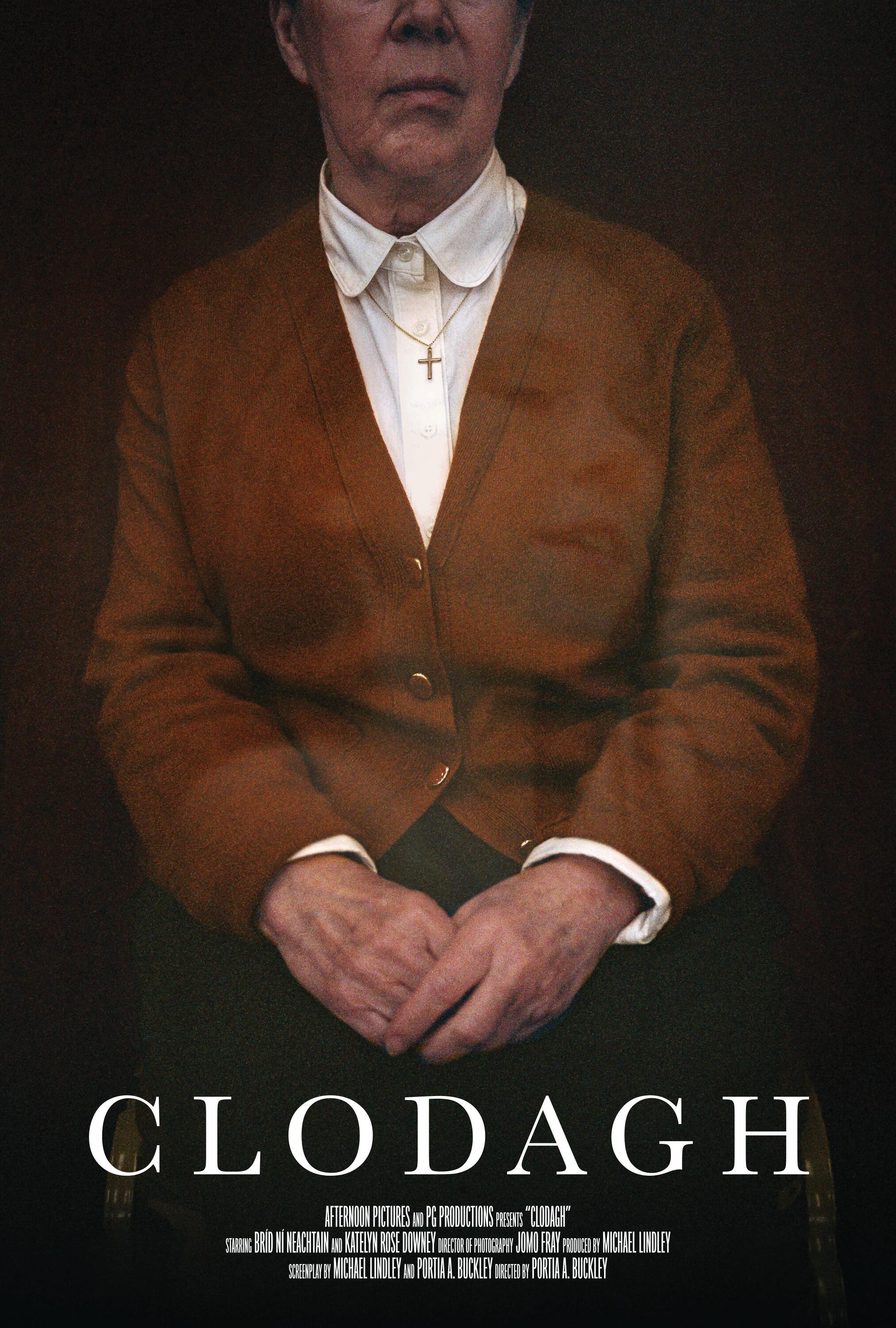
India/South Asian Independent Short Film Review “Pashi”
WATCH THE TRAILER HERE
First, the Recap:
The burden of desire. In its purest forms, the inclinations, the yearnings, the focus it can muster within propels us forward to accomplishment, achievement of potentially stellar proportions. However, when this word becomes associated with a stirring within our physical being towards another, the subsequent passion derived from it can either be wholly loving, or dangerously all-consuming. In a remote Himachali village, a young Indian boy named Ashish (Chetan Kanwar) lives a simple yet unfulfilled life with his mother (Kamayani Bisht) and grandmother (Savitri Devi Sunta). Attending school and hanging out with the few friends he has, Ashish longs for something more, even if said longing is not one which can be immediately explored.
One day, though, Ashish’s gaze falls upon a house guest his mother has offered room and board to, a young but still slightly older boy (John Negi). Prone to follow a daily routine that catches Ashish’s eye, it is more than apparent at this point how Ashish feels towards the guest, even if it is an unspoken connection. As the days move forward, Ashish makes every attempt to spend time with their guest, in the process learning of an ancient practice of catching birds called pashi. This, however, pales in comparison to Ashish’s growing infatuation with the man, and as events take sudden and possibly damaging turns through Ashish’s actions, it becomes apparent that desire could spell disaster.
Next, my Mind:
Executed with a raw urgency, emotionally charged tone, and vividly candid visual presentation, this 32-minute short film effort from writer/director/producer/co-editor/co-cinematographer Siddharth Chauhan wraps a highly relevant thematic statement about the ever-taboo nature of hidden homosexuality in India/South Asia inside a narrative that is both touching and devastatingly heartbreaking. While this particular subject matter overall is not a personal preference of this reviewer, the film still becomes one of only a small handful I’ve seen that addresses these concepts in an undeniably potent and evocative way, even despite some of the more overtly graphic images depicted in dream sequences that were also a little more than I would have preferred as well.
Yet, admittedly, there’s no sense of gratuitousness about these moments, since they more than adequately, and with an almost painful precision, strikingly illustrate the depth of one boy’s awakening and the blatant impact it has on his whole being. It so deftly showcases the strength of his repressed sense of self coming to light and then going from innocent adoration, to full-out need, to borderline obsession while likewise delivering a sobering message about the aftermath of desperation and the associated actions taken from succumbing to it. Additionally, I actually like the fact these overall explorations can certainly be taken well beyond the context of this story and applied to almost any situation we can find ourselves as human beings when faced with any feelings of such extreme influence found within and over us, and I applaud Chauhan’s willingness to be this blunt and forthcoming with it all through this film. The cinematography and music score accompany the story well, despite a few visual and sound faults, and the finale is one that will indelibly leave you emotionally compromised.
Kanwar’s performance is earnest, impassioned, and acutely stirring as Ashish, a boy whose coming-of-age/sexual awakening manifests in ways he would not expect, especially given the law-breaking and socially undesired orientation he possesses. Even in the face of his mother’s suspicions, he pursues the target of his affections, slowly at first, but then with a building boldness and urgency, to what end it remains initially unclear. Once one facet of this pursuit is shut down, Ashish’s discouragement, anger, and fixation take over to an unhealthy degree, all the while believing it is still an unimpeachable love he feels. Watching things unravel and the utterly affecting and heart-rending end it spells for him possibly is so well enacted and riveting, and Kanwar gives his all to every moment.
Negi likewise provides a solidly grounded and believable performance in his role as the elder boy/young man who takes up temporary residence in the family’s home, unwittingly becoming the center of attention for Ashish. Treating him like a little brother to the extent of helping him learn about the art of pashi and mentoring him in it, this innocent soul harbors no inkling about what his younger protégé’s intentions are until it becomes openly obvious, much to his shock and annoyance. But, in having this rejection of Ashish to deal with, it soon has him in an even more perilous position in now being a true target of an unhinged mania, and what events transpire due to this will shape the lives of both boys, for good or ill, and Negi embodies these highs and lows with keen yet understated intensity throughout.
Supporting turns arrive via Bisht as Ashish’s hard-working mother, who seems aware of something amiss with her son, but chooses mainly not to directly deal with it, or perhaps is in a state of denial about her speculations when it comes to his longings being sought out, and Sunta as Ashish’s grandmother who also teaches him lessons about pashi that he takes both literally and perhaps even figuratively given the other thing he seeks to capture. Additional turns come about from Dewansh Kanwar, Aditi Sunta, and Dev Ranta. In total, “Pashi” is a great example of the current state of Indian/South Asian cinema in its quality, heart, willingness to tackle a highly controversial subject matter, and being a further portrait to present the ever-growing fact that independent film is here, here to stay, and deserving of much higher recognition.
As always, this is all for your consideration and comment. Until next time, thank you for reading!




